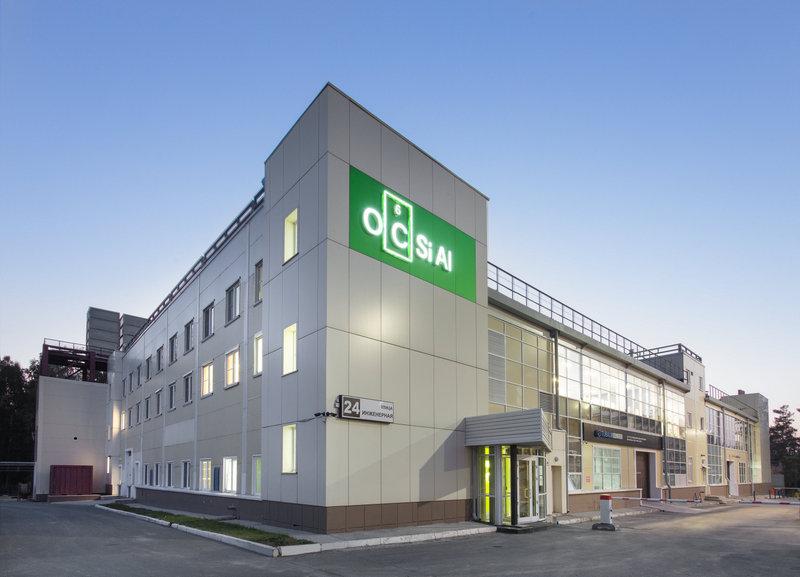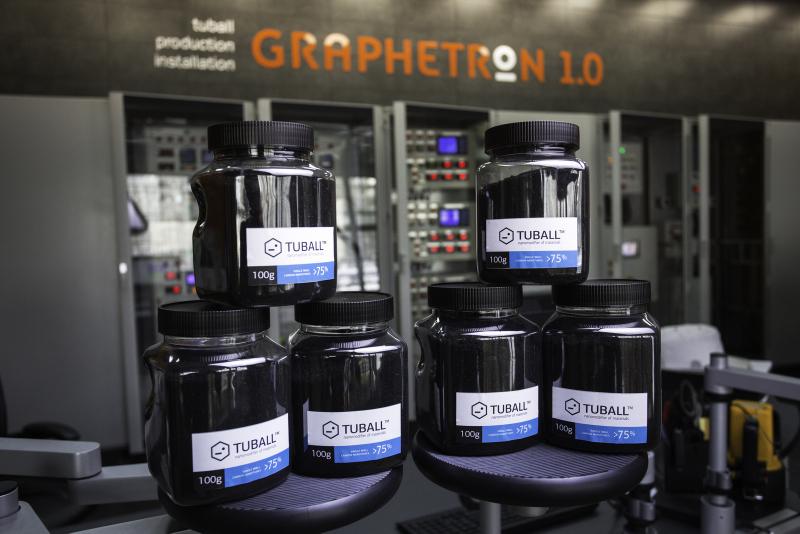End-users and hi-tech manufacturers
of products that use nano- and- and micro-sized carbon additives such as multi
wall carbon nanotubes and carbon fiber have been concerned for some time about
the release of particles during damage to the material. Health and safety
testing on migration of single wall carbon nanotubes from a material’s matrix was
initiated by OCSiAl, the world’s largest manufacturer of single wall carbon
nanotubes branded TUBALL, and conducted by VITO, a leading European independent
research and technology organisation. Simulation experiments on blank and
TUBALL-nanoaugmented epoxy, polyethylene and elastomer materials were carried
inside a test chamber and any possible aerosol release was captured and
measured with a TEM microscope.

TEM analysis revealed a remarkable outcome – in the drilling and Taber abrading tests, no free-standing or protruding single wall carbon nanotubes were found. Another significant finding was that the number of nano-sized particles released from the TUBALL-nanoaugmented materials in comparison with the blank materials decreased by up to 35%, depending on the type of the material. This is yet another demonstration of the bonding power of single wall carbon nanotube that enables a 3D nanotube network to greatly strengthen the material’s structure. This exciting enhancement of a material’s physical properties is the subject of ongoing research.

OCSiAl is leading the charge in raising the transparency of the management of single wall carbon nanotubes by analysing and openly discussing health and safety issues. The company is constantly investing in HSR projects conducted by independent universities and research institutes. OCSiAl is an Associated Partner of the new EC4SafeNano project (EU’s Horizon 2020 research and innovation programme), which aims to ensure the sustainable production and use of nanotechnology. Moreover, OCSiAl is the world’s first manufacturer of single wall carbon nanotubes to have registered them with the EU'’s Registration, Evaluation, Authorisation and Restriction of Chemicals (REACH) regulations. This allows the company to produce and commercialise up to 10 tonnes of TUBALL in Europe annually, and significantly boosts nanotube applications in a wide range of industries.
